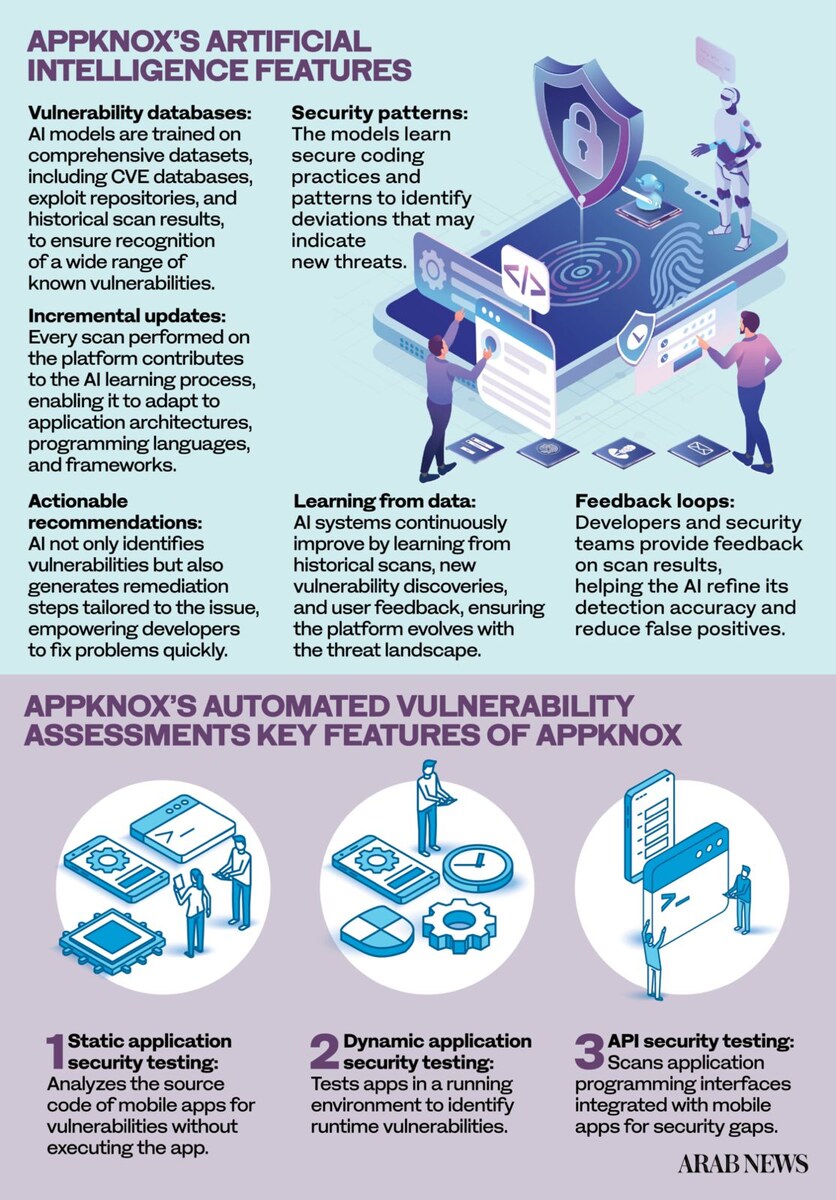RIYADH: The World Economic Forum’s Special Meeting in Riyadh is a critical gathering needed to help address global wars and financial crises, says the WEF’s managing director.
Speaking to Arab News on Sunday, Mirek Dusek said the issue of rebuilding trust in institutions and systems continues the theme of the recent WEF meeting in Davos.
The erosion of trust has not only been the result of the COVID-19 pandemic or the military conflicts worldwide, but also goes back “all the way to the financial crisis.”
“There is a lot of research now, sociological and economic, looking at what it has done to society, in developing and in developed economies,” he added.
“What is also important is that you’re not rebuilding trust for a system of the past,” he continued. “You need to make sure that as you do those things, it’s really with the view for the future.
“We would term it intelligent economies … we live through this age of all these revolutions.
“So, it’s not only AI revolution, it’s also the biotech revolution, the energy transition revolution etc. and so, obviously, there are huge opportunities, but are we really equipped?”
Dusek explained that while AI comes with risks that can seriously impact societies, it also offers significant opportunities, particularly in terms of productivity.
He pointed out that the Riyadh meeting’s agenda seeks to “shape and build intelligent economies that are inclusive, sustainable and, obviously, dynamic.”
On the role of Riyadh in conflict resolution, Dusek said that as a G20 country with the region’s biggest economy, Saudi Arabia “is very visible on the international scene — on behalf also of the whole region.”
Dusek said “working on peace, security, and stability in this region is in the interest of the international community at large.” He added that the participation in Riyadh of many foreign ministers, including from the G7 Plus nations and Syria, as well as US Secretary of State Antony Blinken, is “symptomatic of the fact that people, again, are paying attention.”
“We are, of course, dealing with the war in Gaza and the terrible humanitarian situation in Gaza, but I think it is a larger issue of how important it is to keep investing diplomatically in issues that may have been underinvested in the previous years,” he added.
He described this as “a big turning point in terms of where the regional security and stability picture will go.”
Dusek said holding the WEF’s Special Meeting in Saudi Arabia was an “important milestone” that fits the global conversation and agenda of Davos.
“If we just look under the hood of what intelligent economies mean, it is not only being able to really deploy some of these cutting-edge technologies in industry and in society, but it’s also figuring out how to have a more inclusive economy (and) labor force.
“It is figuring out the whole triangle of the energy transition — security, sustainability, and access.”
He said that the erosion of trust has deepened inequality within societies and in certain economies, and “intelligent economies” seek to address this growing gap.
“We are seeing the need to not only have outcomes that are medium- to long-term and look at the big picture.”
He added: “So, if you look at intelligent economies, it is the big picture systems view. And we continue to do that because it is important, but, of course, you also need to be able to see what are the solutions for the here and now and for the near term.”
He explained that for this reason, the WEF works closely with labor unions “not only in Davos or other meetings, but also in our ongoing work” to find ways to deliver to the most vulnerable and to fragile communities within each society.
He said a great deal of work is being done with organizations including the World Bank, and that the WEF continues to explore ways to “make sure that you finally figure out, for example, how to bring in more private capital into fragile markets, and crowding private capital for climate finance, for energy finance, etc.”
He added: “I think leaders and overall organizations are fully cognizant of that (of) moving in that direction. Is it enough? Obviously, we are seeing that particularly in terms of the statistics within societies.”
He pointed out that this awareness may have also been “triggered by some of these (global economic) shocks, but (there is) a clear realization that more needs to be done.”






























